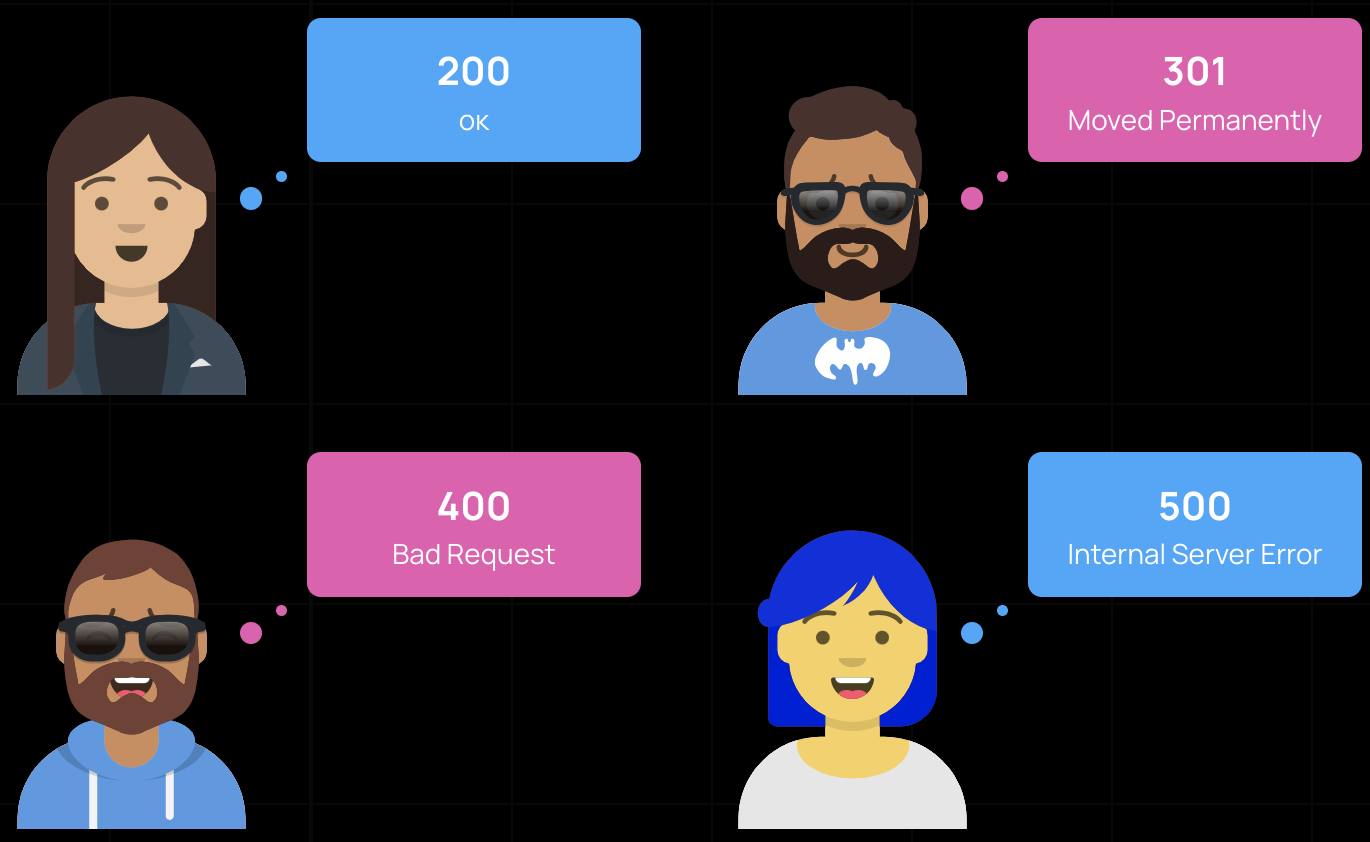Collect and update
the semantic core SEO

Working with semantics-based content
We prepare headlines and SEO elements for pages according to the keywords
Make spot edits to texts based on rankings
Massively add new materials in the admin, do markup SEO-texts
Monitoring of technical optimization and site security

Save your time and find niche keywords
GEO we work with

We provide PBN, linkbuilding, SEO and other services worldwide
- Europe: Ireland, Portugal, Germany, France, Spain, Cyprus, Romania, Poland
- America: Canada, USA, Mexico, Chile, Argentina, Peru, Colombia
- Asia: India, Sri Lanka, Pakistan, Singapore, Philippines, Malaysia, Indonesia, Vietnam, Thailand
- Oceania and Africa: Australia, New Zealand, South Africa
FAQ
When promoting a website in search engines it is very important to choose the right keywords and optimise the content of the website. In this article we’ll look at the main stages of website SEO, namely collecting a semantic core, selecting keywords, working with h1, title and description titles, as well as monitoring technical optimisation and website security.
Collecting the semantic core (aka keyword research) is the process of collecting all possible keywords and phrases that users can use to search for a website. To do this, special tools such as Google Keyword Planner, Yandex.Wordstat, Serpstat and others should be used. These tools allow you to find out which queries users use when searching for sites, as well as to determine the popularity of these queries and the competition on them.
The selection of keywords for search engine promotion should be based on a semantic core and cover all major topics that are related to your business. Keywords should be relevant to your niche and have a high potential to drive traffic to your site. It is also important to consider the competition for these keywords and choose those that are realistically possible to reach the top of search engines.
The h1, title and description headings are important elements of a website’s SEO-optimisation. The h1 title is the main heading of the page, which should contain the main topic and keywords. Title is the title of the page, which is displayed in search results and in the browser tab. Description is a brief description of the page, which will also appear in search results. All of these elements should be search engine optimised and contain keywords.
Linking strategy is a set of measures aimed at increasing the number of external links to the site. It includes the selection of keywords and pages, making an anchor list, as well as finding and attracting high-quality and relevant sites to place links.
Email us

